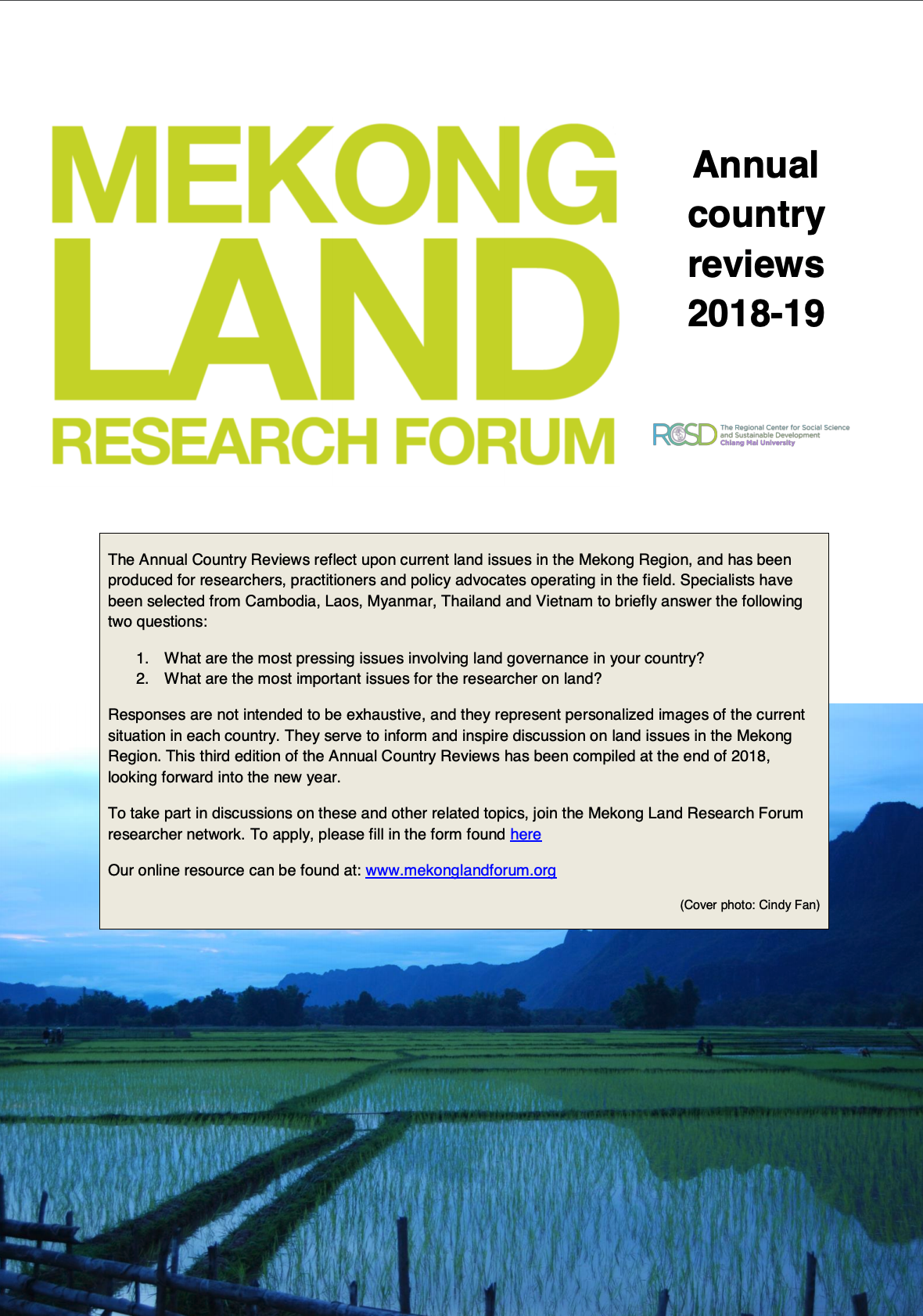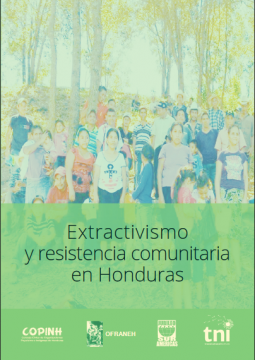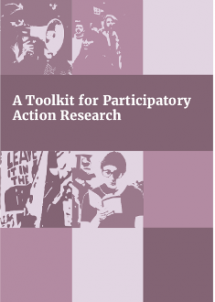Location
The Transnational Institute (TNI) is an international research and advocacy institute committed to building a just, democratic and sustainable world. For more than 40 years, TNI has served as a unique nexus between social movements, engaged scholars and policy makers.
The Transnational Institute (TNI) is an international research and advocacy institute committed to building a just, democratic and sustainable world.
Founded in 1974 as a network of ‘activist scholars’, TNI continues to be a unique nexus between social movements, engaged scholars and policy makers.
TNI has gained an international reputation for carrying out well researched and radical critiques and anticipating and producing informed work on key issues long before they become mainstream concerns, for example, our work on food and hunger, third world debt, transnational corporations, trade, and carbon trading.
As a non-sectarian institute, TNI has also consistently advocated alternatives that are both just and pragmatic, for example developing alternative approaches to international drugs policy and providing support for the practical detailed work of public water services reform.
TNI's Projects
TNI works on a wide range of interlinking issues. The constant interaction between fellows and projects gives TNI a unique, broad and informed perspective and enables a cross-disciplinary approach to complex global problems.
TNI's work currently includes:
- Leadership as a respected global voice on drugs policy, promoting a pragmatic approach to tackling illegal drugs based on harm reduction principles.
- Supporting a dynamic international network involved in building participatory, public sector water as the best way to achieve the goal of water for all
- Confronting the dogma of trade liberalisation, which like financial liberalisation has led to increased inequality, and helping to construct regional alternatives, such as the Bolivarian Alternative for the Americas, based on regional cooperation and solidarity
- Analysing and exposing the democratic dangers posed by the concentration of corporate power and proposing new legal frameworks of accountability for transnational corporations.
- Engaging with democratic innovations and experiments undertaken by social movements, progressive political parties and governments worldwide helping to empower communities to gain control over their lives and environment
- Drawing together and analysing the links between the different elements of the systemic crisis —financial, environmental and social.
Members:
Resources
Displaying 1 - 5 of 53How the energy transition is being hijacked by corporate interests
For over a century, energy multinationals have been wrecking the planet and exploiting people in pursuit of profit. Now, power producers and technology manufacturers are marketing themselves as ‘green’ to boost their reputation and benefit from public subsidies, grabbing lands, violating human rights and destroying communities along the way. Our investigation of fifteen ‘green’ multinationals conclusively shows that financial returns, not decarbonisation, is their primary business.
Mekong Land Research Forum: Annual country reviews 2018-19
The Annual Country Reviews reflect upon current land issues in the Mekong Region, and has been produced for researchers, practitioners and policy advocates operating in the field. Specialists have been selected from Cambodia, Laos, Myanmar, Thailand and Vietnam to briefly answer the following two questions:
1. What are the most pressing issues involving land governance in your country?
2. What are the most important issues for the researcher on land?
Extractivismo y resistencia comunitaria en Honduras
El presente trabajo forma parte de un acumulado de acciones y luchas colectivas que venimos desarrollando las organizaciones sociales Consejo Cívico de Organizaciones Populares e Indígenas de Honduras (COPINH), Organización Fraternal Negra Hondureña (OFRANEH) y Jubileo Sur Américas (JS/A), y ha contado con el apoyo técnico del Transnational Institute (TNI).
A Toolkit for Participatory Action Research
This Guide is drawn from experience in the action research project “Bottom-up accountability initiatives and large-scale land acquisitions in Africa”. The project aimed to bring the international soft law instrument, the Voluntary Guidelines on Responsible Governance of the Tenure of Land, Fisheries, and Forests (the Tenure Guidelines or TGs), to rural communities and, together with them, to use the Guidelines to strengthen their tenure of land, fisheries and forests.
Building bottom-up accountability in an era of land grabbing in sub-saharan Africa : policy points and recommendations from Nigeria, Uganda, Mali and South Africa
This policy brief outlines recommendations resulting from a three-year action research programme undertaken by civil society organizations in collaboration with threatened communities of smallholder farmers and fishers.






